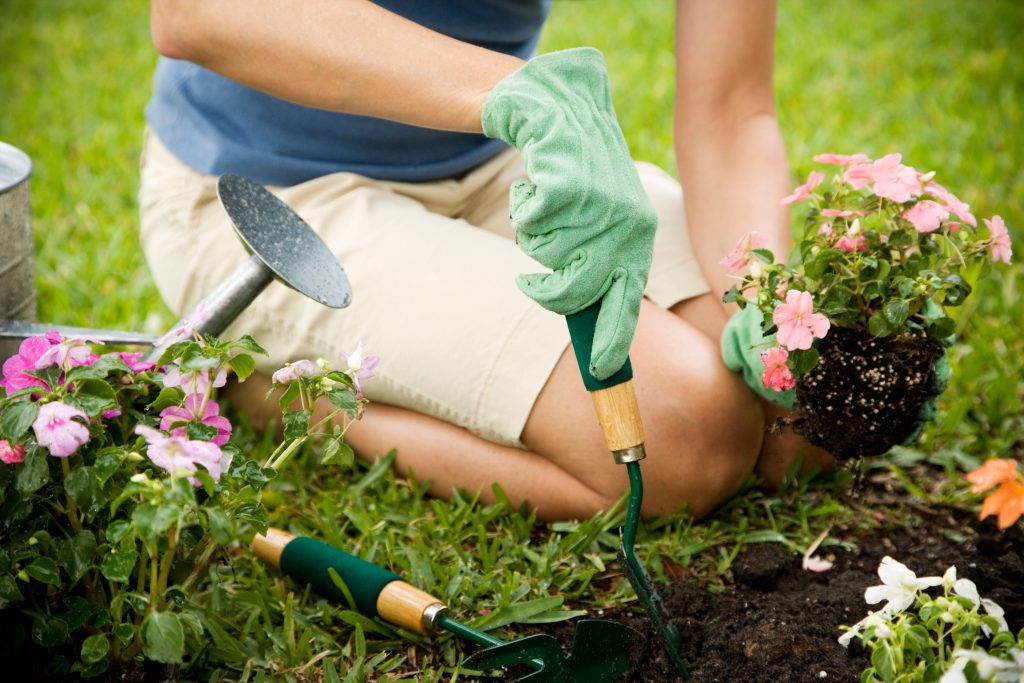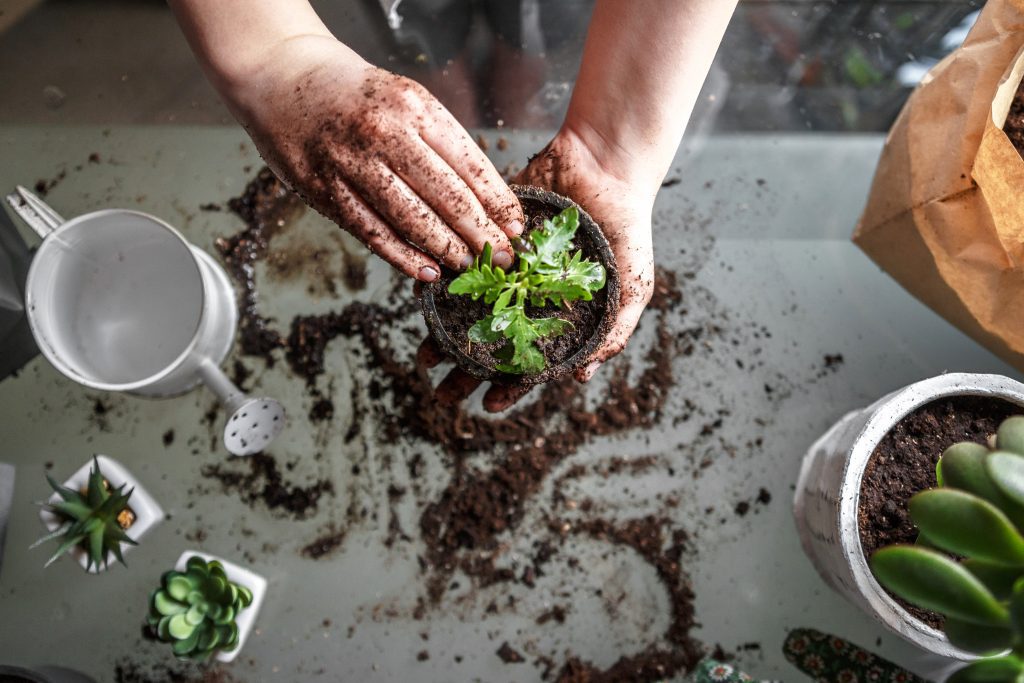Gardening Made Simple By These 8 Hacks
Gardening is essential for our environment and requires skill to achieve greener results. I have compiled gardening ideas to help you save time and give you the perfect harvest from mother nature.
1. Know The Environment

Understanding the environment is essential in gardening. Knowledge of the soil type, sunlight, and wind exposure help in choosing the plants that will flourish in your garden.
2. Create A Garden Journal
Keeping track of your plants helps you to notice developments in your garden. This can be done by filling in notes, timelines, sketches, and plant labels.
3. Color Creativity
Implementing a colorful garden can be challenging and time-consuming. Therefore, light up your space with bright and contrasting foliage. This can be achieved by creating a spectrum of shades with silver, bronze, gold, orange, purple, and green leaves.
4. Coffee Fertilizer
As much as you get a boost after drinking a cup of coffee, your plants also get that boost from coffee. Coffee grounds improve soil texture and drainage. This is because nitrogen, potassium, and phosphorus are released to support plant growth when coffee grounds decay. Also, they increase the soil’s acidity level, which is suitable for plants such as magnolias, rhododendrons, and azaleas.
5. Prompt Pruning
After fading their blooms, spring flower shrubs such as magnolias, peonies, lilacs, and climbing roses need to be pruned. To avoid a flowerless spring, do not prune in autumn or winter as you risk removing the new crop of buds.
6. Implement Deadheading

As flowers begin to look scruffy and fade, implement deadheading. This removal of flower heads redirects your plant’s energies to produce stronger flowers.
7. Plant Herbs
These plants are not time-consuming, and they bring color and fragrance to your garden. Also, these low-maintenance plants add flavor to your food.
8. Be Patient
Gardening requires patience to achieve your full potential. Take time to learn from your mistakes. As a result, you acquire in-depth knowledge of your garden and environment. The skills acquired enable you to produce good plants from your garden.
